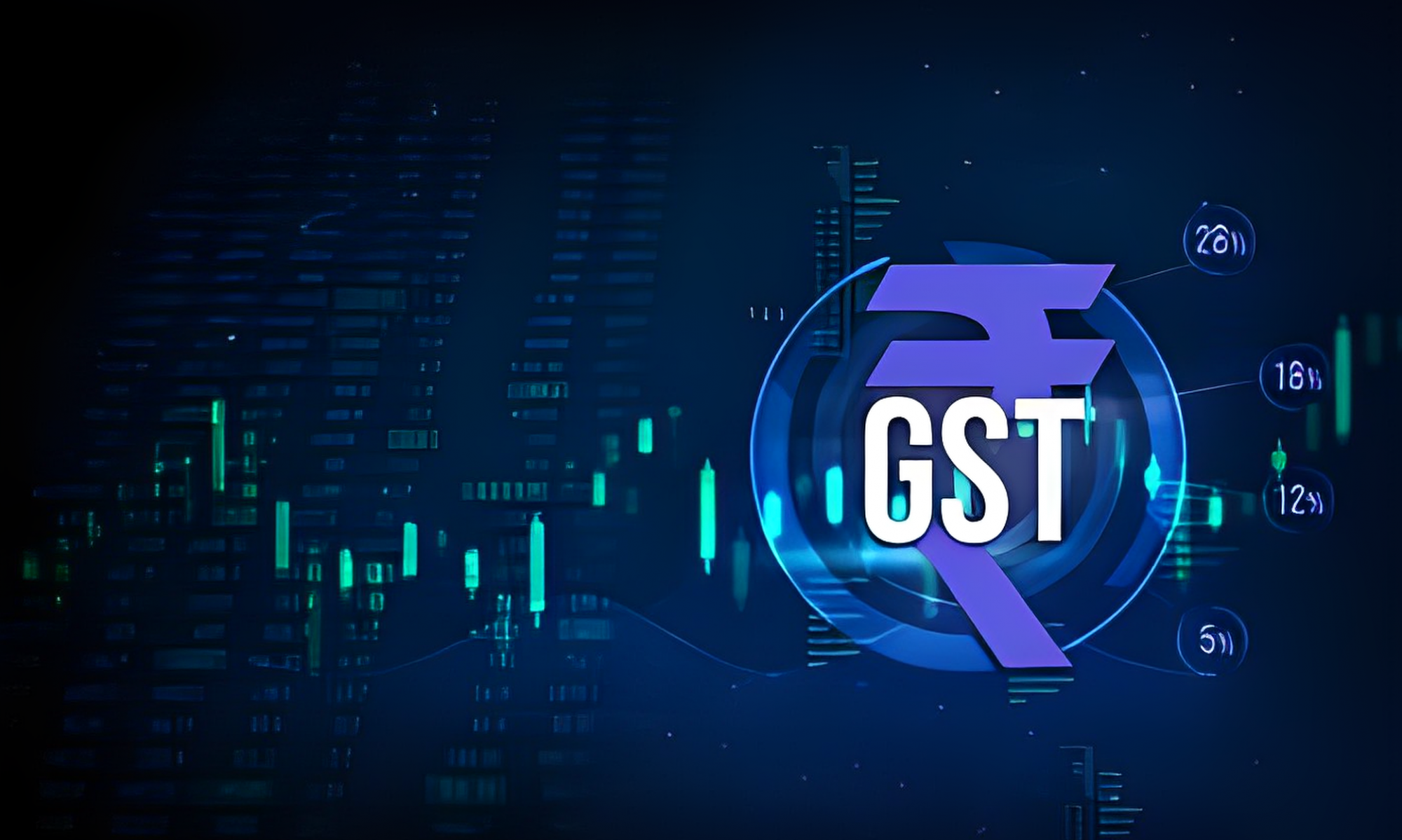Input Tax Credit ITC reversal on exempt supplies is a common challenge faced by businesses under the Goods and Services Tax (GST) regime in India. This article, brought to you by Resolute Tax Attorneys, a team of expert GST lawyers, delves into this intricate topic, providing valuable insights and practical strategies to navigate this scenario effectively.
Unlocking ITC Reversal on Exempt Supplies: Expert Insights and Strategies
Understanding ITC Reversal on Exempt Supplies
Firstly, let’s establish what ITC reversal entails. Under GST, businesses can claim credit for taxes paid on purchases used for making taxable supplies. However, this credit mechanism doesn’t extend to exempt supplies. When a business utilizes ITC availed on inputs for making exempt supplies, a partial or full reversal of the claimed credit becomes necessary.
Why Does ITC Reversal Occur?
There are several reasons why ITC reversal might be triggered:
- Exempt Supplies: As mentioned earlier, ITC can’t be claimed for supplies exempt under GST, such as the sale of agricultural products or educational services.
- Mixed Supplies: If a business makes both taxable and exempt supplies, it needs to proportionally distribute the ITC based on the value of each type of supply. This can lead to a situation where ITC claimed on inputs exceeding the proportion used for taxable supplies needs to be reversed.
- Change in Use of Inputs: When inputs procured for making taxable supplies are subsequently used for exempt supplies, a reversal of ITC becomes applicable.
- Errors and Omissions: Inaccurate calculations or inadvertent claiming of ITC on exempt supplies can necessitate reversal upon detection.
Impact of ITC Reversal
ITC reversal can have a significant financial impact on businesses. It increases the overall tax liability as the previously claimed credit needs to be adjusted. This can affect cash flow and profitability.
Strategies to Minimize ITC Reversal
While ITC reversal cannot be entirely avoided for exempt supplies, there are strategies to minimize its impact:
- Proper Planning and Recordkeeping: Meticulously plan your supply chain to segregate taxable and exempt supplies from the outset. Maintain detailed records of input purchases, their utilization for different types of supplies, and the value of each supply. This transparency simplifies ITC calculations and minimizes errors.
- Availment of Composition Scheme: Businesses with a turnover below a specific threshold can opt for the composition scheme. This scheme offers a simpler tax compliance process and eliminates the need for ITC reversal.
- Utilization of Deemed Exports: If you’re supplying goods or services to a Special Economic Zone (SEZ) unit, it can be classified as a deemed export, attracting zero GST. This allows you to claim full ITC on inputs used for such supplies.
Expert Insights from Resolute Tax Attorneys
Resolute Tax Attorneys, a team of seasoned GST lawyers, offers invaluable guidance in navigating ITC reversal:
- Consult a GST Expert: Seek advice from a qualified GST professional early on. They can analyze your business operations, identify potential ITC reversal scenarios, and suggest optimal strategies.
- Review Supply Contracts: Carefully review your supply contracts to ensure clarity regarding the taxability of each supply. This helps avoid ambiguity and potential disputes with tax authorities.
- Maintain Open Communication: Maintain open communication with your clients regarding the implications of ITC reversal. Transparency fosters trust and helps clients make informed decisions.
FAQs on ITC Reversal
Q: What is the rate of ITC reversal?
A: While ITC reversal on exempt supplies presents a challenge, businesses can effectively mitigate its impact through strategic planning, meticulous recordkeeping, and the assistance of qualified professionals.
Q: Can I claim ITC reversal as a deduction?
A: No, ITC reversal cannot be claimed as a deduction for income tax purposes.
Q: What happens if I fail to reverse ITC on exempt supplies?
A: Failure to reverse ITC on exempt supplies can attract interest and penalties from the tax authorities.
Conclusion
While ITC reversal on exempt supplies presents a challenge, businesses can effectively mitigate its impact through strategic planning, meticulous recordkeeping, and the assistance of qualified professionals. Resolute Tax Attorneys, with their team of GST lawyers, stands ready to assist you in navigating this aspect of GST compliance effectively. By implementing the recommended strategies and seeking professional advice, you can ensure optimal tax efficiency for your business.
Read More
- Demystifying Input Tax Credit (ITC) Eligibility: Essential Guide for Businesses
- Unlocking Insights: Navigating GST Litigation with Alternative Dispute Resolution Strategies
- GST Litigation and the Role of Chartered Accountants
- The Role of GST Consultants in Resolving Litigation Matters
- Appeals Against GST Assessment Orders: Expert Guidance
- Central Board of Indirect Taxes and Customs (CBIC) website:

